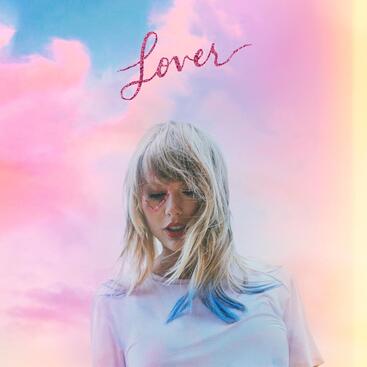
Likes: Cruel Summer, Death By A Thousand Cuts, False God, You Need to Calm Down
Dislikes: Cornelia Street, Me!, The Man
Overall: Overwhelmingly bright and 80's reminiscent; a somewhat disjointed album with enjoyable (though not infectious) pop tracks and ballads
Taylor Swift's new album Lover indicates a shift in her vantage point from her last release Reputation, which was notably scathing towards past boyfriends, her former label Big Machine Records, and the Kim-Ye phone-gate scandal. Joyful staccato chords rhythmically ring from a grand piano in Lover's opener "I Forgot That You Existed," as Swift sets the tone singing, "How many days did I spend thinking 'bout how you did me wrong?" The bubbly mid-tempo song resolves with, "It isn't love, it isn't hate, it's just indifference." If Reputation was the pain Swift endured for a night, Lover is her joy that came in the morning. While this kind of 'shift' isn't a new phenomena with artists, it's always gratifying for the listener if it's done properly (e.g. Marvin Gaye's political What's Going On? was followed by the sensual Let's Get It On). The record's theme is one of varying degrees of love: platonic, familial, self, and of course, romantic (which is in the driver's seat majority of the time).
Musically, the bulk of Lover can be described as 'summertime in the 80's,' with synths, percussive bass lines, and major chords galore. Swift's predilection for this nostalgic sound works for her here, just as it did on 1989. It separates her from the current trend of blending pop with trap hip-hop (something she flirted with on Reputation), and it reintroduces her extensive use of an acoustic guitar. She doesn't deliver an over-saturation of cliché commercial ditties, as the album's singles and her previous history would suggest, however. "Death By A Thousand Cuts" is probably the most experimental track, merging classical choral arrangements with folksy acoustic guitars, and arpeggiating harps. All evolve verse to verse, while Taylor holds the fort vocally and lyrically. "False God" casually mixes a jazzy sax riff with mid-tempo electro elements and sparse synthesizers, as if the combination is commonplace. "Soon You'll Get Better," featuring background harmonies by The Dixie Chicks, is a stripped-bare country ballad, with only guitars, banjos and vocals. It's the most personal cut, depicting Swift's emotional state during her mother's battle with cancer. The album as a whole effortlessly changes tempo and musical trajectory through each number, giving the perception that it's shorter than the overwhelming 18 tracks it contains. In addition, many of the songs are around three minutes in length and don't drag on longer than necessary (aside from “Cornelia Street”). This works in the LP's favor, as the compositions are largely straightforward loops that can get very redundant after awhile.
As to be expected, Swift's lyricism is exceptional. Her colorful and imagery-laden illustrations are conflated with her emotions in each song, such as being "drunk in the back of the car," while crying "like a baby" to reflect her desperation in "Cruel Summer." Nothing is poorly written outside of "Me!," even if the music or melodies don't hold the rest up, like in "The Man." There's not a lot of new ground covered topically, so it stands out when Swift leans towards social or controversial subjects, which seems to be her intention. The concept of "False God" is one of her most daring. Lines like "Religion's in your lips; even if it's a false god, we'd still worship," are sure to rile up Bible Belt Swifties. Resounding excerpts like the harmonized "Shade never made anybody less gay!" on "You Need To Calm Down," and "I'd get there quicker if I was a man" on "The Man" shine a light onto Swift's sociopolitical views and values. The overstated-ness in the content is an exclamation; Swift made sure not to clamor with any figurative language, so that her points are crystal clear.
There aren't many drawbacks to Lover, but the few flaws are blatant. The lack of pop potency is chief among them. Swift showed with 1989 and Reputation that she was capable of creating infectious pop, and crafting a highly cohesive concept album. 1989 had quite a bit of filler, but the songs that weren't (i.e. "Style," "Shake It Off," and "Bad Blood") attached themselves to your subconscious mind after one listen. Reputation had the same contagious quality and conceived a dark, stirring ambiance (ex. "Look What You Made Me Do," "Gorgeous," "End Game"). Lover has a couple of songs that can get stuck in your head, but only after several listens. The wonder of a Taylor Swift pop album is how she brilliantly pairs relatable and clever lyricism with catchy melodies, and has a full-fledged production team to complete the package. With this project, the wonder is replaced with a formulaic approach. Swift's musicality is very particular and arguably limited, so her work will seem "run of the mill" when both infectiousness and an intriguing concept are missing.
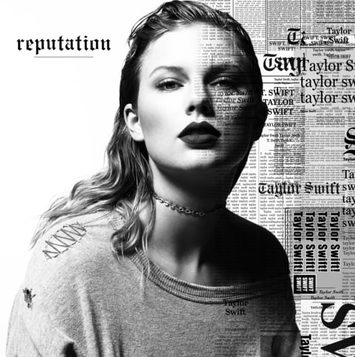
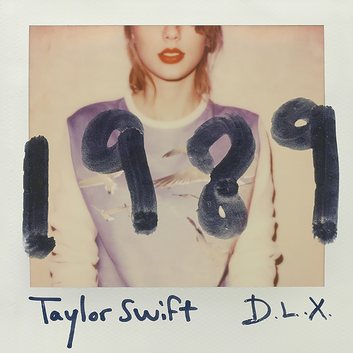
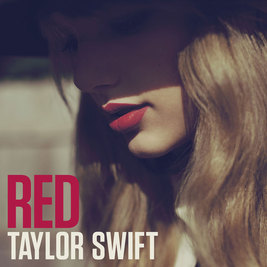
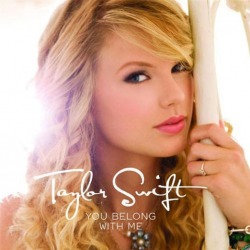
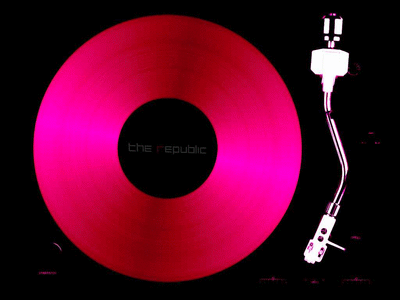
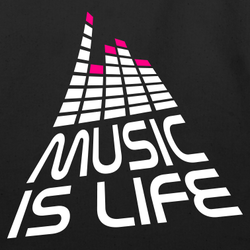
 RSS Feed
RSS Feed